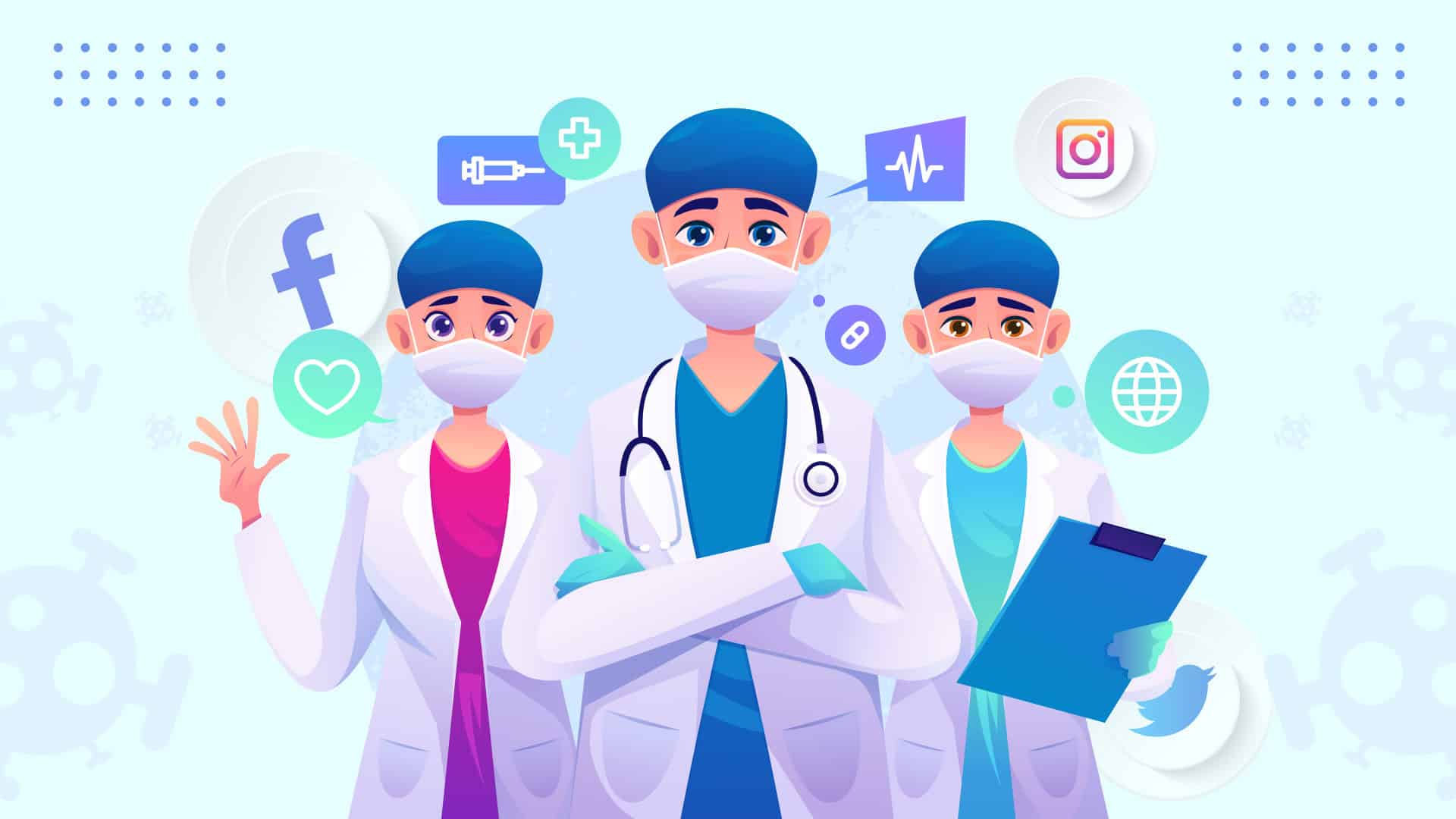Maximising Your Time as a Medical Student Productivity Hacks That Work: Tips and Tools to Help Medical Students Optimise Their Time and Learning

Medical school demands exceptional time management and study efficiency. As the volume of material continues to grow and medical knowledge expands exponentially, today’s medical students face unprecedented challenges in managing their academic workload while maintaining work-life balance. This comprehensive guide explores evidence-based strategies and practical tools to help medical students optimise their learning and make the most of their limited time.
The Science of Effective Learning in Medical Education
Research in cognitive science and medical education demonstrates that traditional studying methods like passive reading and highlighting are significantly less effective than active recall and spaced repetition. A meta-analysis published in Medical Education found that students using active learning techniques scored 50% higher on examinations compared to those using passive methods.
Modern medical students need to adapt their study approaches to align with these scientific findings. The following strategies have been validated through both research and real-world application in medical education.
Spaced Repetition: The Foundation of Medical Knowledge Retention
Spaced repetition remains the gold standard for long-term retention of medical information. This technique involves reviewing material at increasingly longer intervals, precisely when you’re about to forget it.
To implement spaced repetition effectively, begin creating flashcards from day one of each medical course. Focus on converting complex concepts into simple questions that test your understanding rather than mere memorisation. Clinical correlations and pathophysiology connections make particularly effective spaced repetition content.
Active Recall: Transforming Passive Learning into Lasting Knowledge
Active recall involves testing yourself on material before reviewing it. This creates stronger neural pathways compared to passive reading. Implement active recall by:
– Creating concept maps connecting different systems and pathologies
– Writing practice questions for yourself and peers
– Teaching concepts to others, whether in study groups or through recorded explanations
– Using question banks early in your study process, not just for exam preparation
Research shows that medical students who incorporate active recall throughout their courses, rather than just before exams, demonstrate superior long-term retention and clinical application abilities.
Time Blocking: Structured Flexibility for Medical Students
The demanding and unpredictable nature of medical education requires a structured yet flexible approach to time management. Time blocking involves dedicating specific periods to different tasks while building in buffer time for unexpected situations.
Create three-hour focus blocks for deep learning of new material, preferably during your peak cognitive hours. Reserve shorter blocks for review sessions, clinical skills practice, and administrative tasks. Include mandatory break periods to maintain mental freshness and prevent burnout.
Digital Tools and Resource Integration
Modern medical education offers numerous digital tools to enhance learning efficiency. Select resources that complement your learning style and integrate seamlessly into your workflow:
Electronic health record (EHR) simulators provide practical experience without patient risk. Regular practice with these systems accelerates clinical rotations proficiency.
Medical reference apps like UpToDate enable quick fact-checking and clinical guideline review during rotations. Familiarise yourself with these tools early to maximise their utility in clinical settings.
Cloud-based note-taking platforms facilitate collaborative learning and ensure access to study materials across devices. Applications like Notion and Evernote support multimedia integration and easy organisation of complex medical concepts.
The Power of Deliberate Practice in Clinical Skills
Acquiring clinical skills requires a different approach from traditional academic learning. Deliberate practice, characterised by focused repetition with immediate feedback, proves most effective. Organise regular practice sessions with peers, focusing on specific skills like physical examination techniques or patient communication.
Record yourself performing clinical examinations and compare your technique with expert demonstrations. This self-assessment method identifies areas for improvement more effectively than passive observation alone.
Maintaining Physical and Mental Wellness
Productivity optimisation must include strategies for maintaining physical and mental health. Regular exercise, adequate sleep, and stress management directly impact learning efficiency and clinical performance.
Research indicates that medical students who maintain consistent sleep schedules perform better on both written and clinical assessments. Prioritise sleep hygiene by establishing a regular bedtime routine and avoiding screens before sleep.
High-intensity interval training (HIIT) offers time-efficient exercise options for busy medical students. Even brief sessions provide cognitive benefits and stress relief when integrated into study breaks.
Building Effective Study Groups
While individual study forms the foundation of medical education, strategic group learning enhances understanding and retention. Organise study groups with clear objectives and structured formats. Assign topics for each member to teach, promoting active learning and comprehensive coverage of material.
Virtual study groups offer flexibility and efficiency, especially during clinical rotations when schedules vary widely.
Conclusion: Implementing Sustainable Practices
Success in medical school requires more than just hard work—it demands smart work. Implement these evidence-based strategies gradually, adapting them to yourcourse personal learning style and circumstances. Monitor their effectiveness through regular self-assessment and be willing to adjust your approach based on results.
Remember that productivity optimisation is a continuous process, not a destination. As you progress through medical school, your strategies will evolve to meet changing demands. Stay informed about new learning technologies and methods, but always evaluate them against proven educational principles.
The investment in developing effective study habits and productivity systems during medical school pays dividends throughout your medical career. These skills form the foundation for lifelong learning and professional development in medicine.



